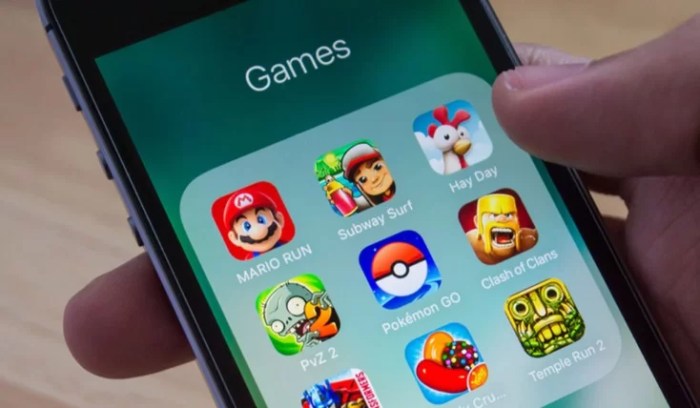iPhone Gaming: A Thriving Market

The iPhone gaming market has exploded in recent years, becoming a significant part of the mobile gaming industry. From casual games to immersive experiences, iPhones offer a wide array of options for players of all tastes and skill levels. This evolution has been driven by several key factors, including advancements in mobile technology and the increasing popularity of mobile gaming worldwide. This article delves into the history, key factors, and diverse genres of iPhone gaming.
A Look at the History of Mobile Gaming on iPhones
Early mobile gaming on iPhones was characterized by simpler, casual games. As processing power and screen technology improved, more complex and visually stunning titles emerged. This evolution paralleled the broader rise of mobile gaming globally. The introduction of app stores further democratized access to games, making them easily accessible to a vast user base. The development of dedicated game controllers and high-resolution displays also played a crucial role in enhancing the gaming experience.
Key Factors Driving iPhone Game Popularity
Several factors contribute to the widespread popularity of iPhone games. Firstly, the ubiquity of iPhones and their widespread use among a diverse demographic makes the platform highly accessible. Secondly, the App Store’s rigorous review process and its vast catalog ensures a consistent stream of quality titles. Finally, the availability of affordable, easy-to-use game controllers has made gaming on iPhones more immersive.
- Accessibility: The vast user base and broad demographic reach of iPhones provide an extensive platform for game developers.
- App Store Quality Control: The App Store’s review process ensures a high standard of game quality, attracting a wider player base.
- Accessibility of Controllers: Affordable and readily available controllers enhance the immersive experience of gaming on iPhones.
Comparing Genres of iPhone Games
Strengths and Weaknesses of Different Genres
The iPhone gaming market boasts a diverse range of genres, each with its own strengths and weaknesses. The table below provides a concise comparison, highlighting the key characteristics of various categories.
| Genre | Strengths | Weaknesses |
|---|---|---|
| Casual Games | Simple gameplay, easy to learn, accessible to a wide audience | Often repetitive gameplay, limited depth, can feel shallow |
| Action Games | Fast-paced, exciting gameplay, often visually impressive | Can be challenging for beginners, high skill ceiling, potential for frustrating gameplay |
| Puzzle Games | Engaging problem-solving, often intellectually stimulating, varied difficulty levels | May not appeal to players who prefer more action-oriented games, can be repetitive if not well designed |
| RPGs (Role-Playing Games) | Immersive storylines, rich character development, opportunities for strategic gameplay | Can be lengthy and require significant time investment, may not appeal to players seeking quick gameplay |
| Strategy Games | Complex decision-making, strategic depth, often provide significant replayability | Steep learning curve, may require significant time commitment, can be overwhelming for casual players |
Final Summary
In conclusion, the iPhone gaming scene is vibrant and ever-evolving. From the classic casual games that keep you entertained in downtime to the immersive RPGs that demand your attention, there’s a game for everyone. This exploration has highlighted the key elements that have contributed to the iPhone’s success as a gaming platform. We’ve also examined the strengths and weaknesses of different genres, empowering you to make informed choices when selecting your next mobile adventure.